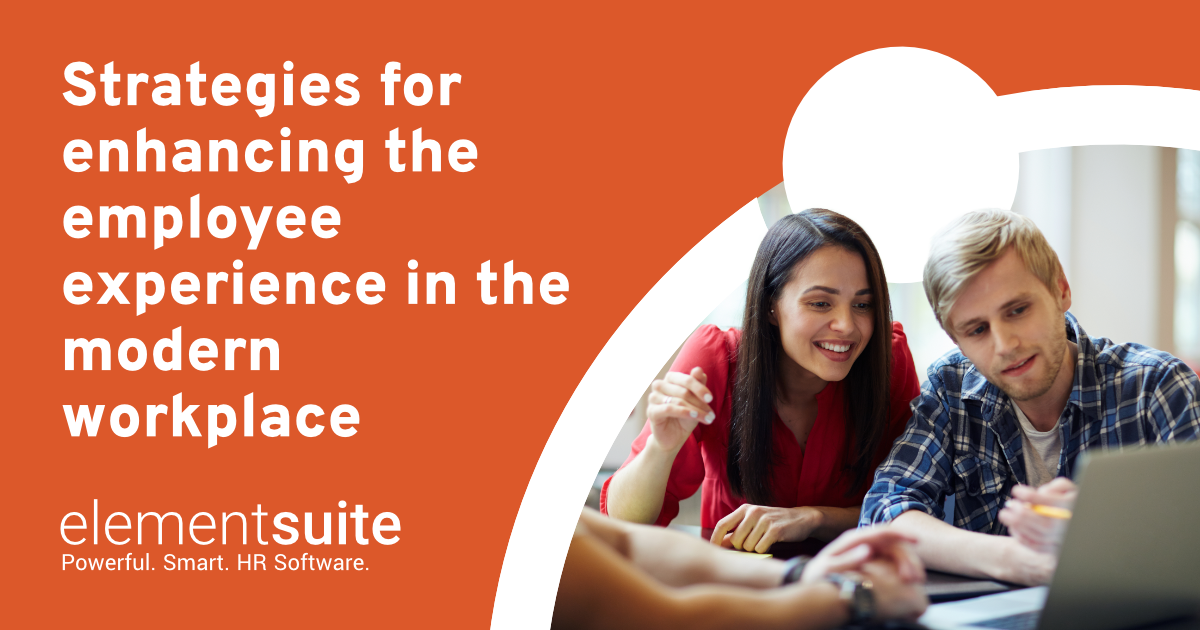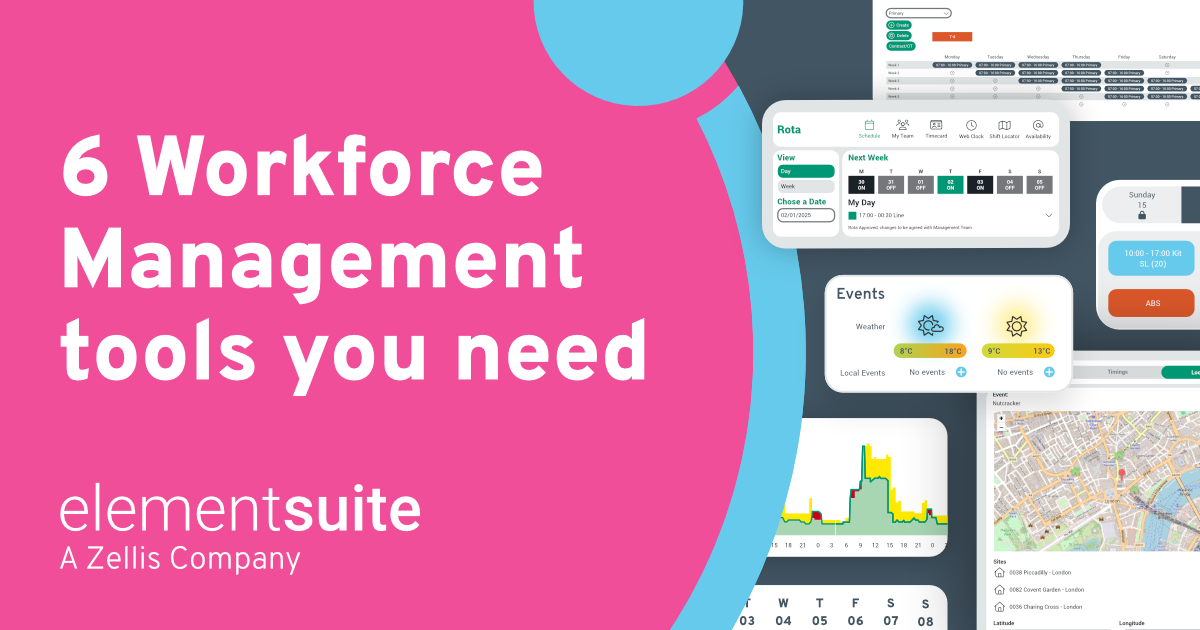Employee Experience (EX) is moving from the sidelines to the core of business planning within companies. With the advent of new working models and a greater emphasis on work-life balance, organisations are now, more than ever, required to step up their efforts in fostering environments where employees not only thrive but are also deeply engaged and satisfied.
An analysis of over 250 global organisations highlights the tangible benefits of this approach. Companies that excelled in employee experience benchmarks boasted four times the average profits, double the revenues, and 40% lower turnover than their counterparts. Though, despite these compelling figures, the State of EX Survey 2023-2024 reveals that less than half of organisations manage employee experiences effectively.
As such, focusing on aspects like employee satisfaction, work-life balance, recognition, development opportunities, and organisational culture isn’t just beneficial—it’s essential.
Implement effective recruitment and onboarding processes
What is the first experience a new employee has with your company? Your recruitment and onboarding process. It sets the tone for their entire employee experience. So, it’s essential to get it right.
In fact, a study by Glassdoor found that organisations with a strong employee onboarding process improve new hire retention by 82% and productivity by 70%.
However, implementing effective recruitment and onboarding processes necessitates a strategic approach that begins with targeted recruitment to ensure the attraction of the right talent aligns with the company’s needs.
Creating detailed action plans with clearly assigned roles and responsibilities ensures that every step of the recruitment and onboarding phases is executed with precision. Establishing key performance indicators (KPIs), along with setting concrete timelines and objectives, are essential for measuring the success and efficiency of these processes.
Get to know your recruitment and onboarding data. Ask yourself:
- What are your time-to-fill rates?
- How does this match with industry standards?
- What is your offer acceptance rate?
- How long does it take a new employee to get up to speed?
Use these insights to identify areas for improvement and develop strategies for continuous enhancement.
Offering opportunities for professional development and growth
According to Indeed, one of the top reasons people leave their jobs is a lack of development opportunities. Employees crave opportunities to learn and grow within their roles.
Look at it as two-fold. By investing in comprehensive training and development programs, companies can significantly enhance their employees’ skills and abilities, leading to improved performance, innovation, and a bridge that closes the skills gap. On the other hand, growth opportunities act as a motivational factor for employees, driving their engagement and satisfaction by offering clear pathways for career advancement.
But remember, every employee is different. They have different skills and different aspirations. This is where the integration of personalised career roadmaps within your HR software can make a significant difference. It allows employees to map their development journey based on their interests, strengths and goals while aligning with the organisation’s objectives.
It is here that the employee experience truly comes to life, demonstrating that the company values each employee and is invested in their individual growth.
Find out how McDonalds reduced their 90-day turnover with elementsuites employee-centric HR software
Implementing flexible work arrangements
Employee perceptions have changed—they want more flexibility at work. But where teams are as disparate as ever, it is not merely about developing comprehensive guidelines that support both remote and hybrid work environments. These arrangements should also cater to on-site employees, who should feel as integrated and valued as their office-based counterparts.
Innovative scheduling practices, such as the ability to swap shifts according to shift preferences via effective internal communication software, can significantly contribute to work-life balance. This sense of control over one’s workload is particularly important for front-line workers, who often have little say in their schedule due to shift patterns or customer demand
Providing supportive work environment
The modern employee wants to belong. They want to feel part of a supportive community and culture within their workplace. Being just a number in a large organisation is no longer enough; employees want to feel valued and appreciated. Open communication, collaboration, recognition, and work-life balance are central to this.
With everything online and through a mobile phone device, leveraging an intranet platform for this purpose will ease the management of these processes and allow employees to connect and engage with their colleagues, regardless of location.
It’s about creating an environment where everyone feels part of a team working towards a common goal. It’s about fostering a positive work culture where employees feel heard, understood, and valued. Most importantly, it’s about creating a supportive environment where employees can thrive both personally and professionally.
Give your employees instant support to answer all their HR questions with ELLA, the AI-powered HR assistant
Developing a strong employer brand
Often overlooked, employer branding plays a significant role in shaping employee experiences. However, in today’s competitive job market, it’s not only about attracting top talent but also retaining them. A strong employer brand can do both.
Developing a strong employer brand requires a series of strategic steps, beginning with a deep understanding of the organisation’s core values and culture. This foundational step ensures that the brand authentically represents what the company stands for. Then, craft a compelling employee value proposition (EVP) that clearly articulates the benefits and experiences employees will gain by being part of the company.
Remember, employee engagement plays a key role in brand building. Employees are encouraged to share their positive experiences, thereby serving as brand ambassadors. So, it’s crucial to continuously work on improving employee experiences to enhance the organisation’s overall brand image.
Employee experience is an ongoing process
Creating a positive employee experience is not a one-time event but an ongoing process requiring continuous evaluation and improvement.
But you can’t achieve that without knowing exactly what your employees want. Regular employee feedback and sentiment analysis through surveys via your HR platform, focus groups, and one-on-one conversations can provide valuable insights into what motivates employees and what they value most in their work experience.
Using these insights, you can design personalised retention programs that cater to your workforce needs, such as flexible schedules or opportunities for growth and development.
This ongoing evaluation and adaptation will ensure that your employee experience strategy remains practical and relevant to the changing needs of your employees.
If you are looking for a trusted technology solution to help you create more personalised employee experiences, try out our AI-powered HR software, elementsuite. Book a demo today to find out more.




